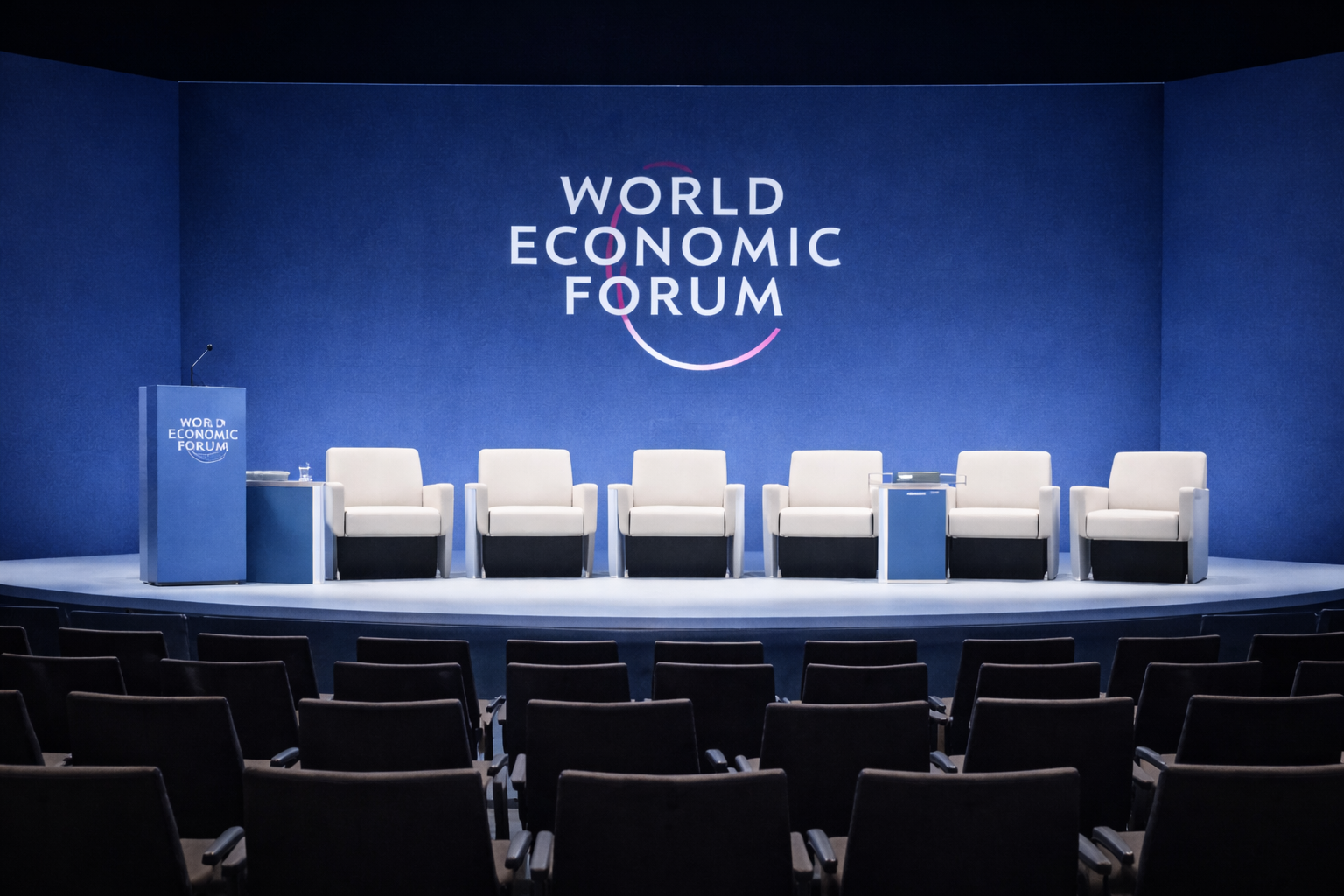We need to show politics that we are all ready for transformation
We lament about democracy and values. For years, we have taught the world and believed that our economy was still strong enough to allow us a comfortable stance. But the reality is different: Germany has a productivity problem, working hours per capita continue to decline, and our pension system is no longer sustainable. At the same time, countries like Poland are surpassing us in terms of economic growth. France is in similar difficulties, but there, reform attempts are suffocated by protests.
Away from the loud, endless debates on X and talk shows, we should return to the essential foundations of our existence: A state remains capable of action only if it keeps its revenues and expenses in balance. How can Germany achieve this in the long term? Capitalism is the only proven method for the efficient allocation of resources. This is understood by the USA and China. In Europe, Poland also understands it – only Germany seems to have forgotten.
When did we change our understanding of freedom so much that the state became the guardian of content, instead of guaranteeing freedom? And why do we still cling to multilateralism when it is increasingly losing relevance? Germany must face the new reality: Freedom, capitalism, and unilateralism as the new geopolitical norm.
Freedom: Freedom of speech under pressure
The differences between the USA and Europe in terms of freedom of speech are significant. While the USA maximally protects free speech with its First Amendment, Germany is increasingly regulating it – supposedly for the protection of society. Critics like JD Vance warn that Europe is watering down central values of freedom:
- Censorship through state intervention: Germany pursues a law as strict as the Network Enforcement Act (NetzDG) against “hate speech” so that platforms preemptively delete content to avoid fines.
- Criminalization of speech: Raids due to “insulting” a politician, blocking of social media accounts, and police investigations against critical journalists are on the rise.
- Abuse of hate speech laws: Critical voices addressing political or social grievances are restricted through vague definitions of “disinformation.”
Germany has learned from its history to fear totalitarian propaganda, but protection from extremism should not turn into a general restriction of political discourse.
The question we must openly discuss as a society is: Is a society that suffocates freedom through regulations really a free society? If we don’t allow the other perspective into a discussion, we will not be able to make the necessary correction to our currently one-sided understanding of freedom.
Capitalism: From success model to threat?
Germany has relied on its economic success for decades, but this success was not a coincidence; it was the result of market-oriented reforms. Today, however, a different trend is dominating: more state, more regulation, less competition.
This appears as follows:
- Economic freedom is being replaced by interventionism: While Schröder’s Hartz reforms brought Germany forward economically, today we are seeing a reversal toward more welfare state and bureaucracy.
- Capitalism is increasingly undervalued: Younger generations take prosperity for granted, while the risks of socialism are forgotten. According to a study by the Institute of the German Economy, 52% of Germans believe the state should play a larger role in the economy.
- Inequality is not the problem – poverty is: Capitalism has drastically reduced global poverty. Yet in Germany, the focus is placed on redistribution, rather than promoting innovation and growth.
The central question is: Will Germany be able to turn away from socialism? Or will the country continue to rely on regulatory excess and redistribution until it loses economic relevance completely?
Interestingly, the understanding of capitalism in Eastern Europe, particularly Poland, has developed differently than in West and East Germany. There, capitalism is clearly and firmly anchored as a counter-movement to communism and socialism – market mechanisms are seen as a path to success, while Germany and France are moving away from the market economy with increasing state involvement and tax burdens.
Why do we think we can learn from history’s firewall and seem to forget the dehumanizing actions of communism?
Multilateralism was yesterday – The era of unilateralism is here
Germany has relied on multilateralism as a shield for decades without providing its own and important drive, or seizing concrete opportunities. We could passively ride along and supply the world with our machines, thus building up the German middle class. But the geopolitical reality has changed. Under Donald Trump, the USA is pursuing a hard-nosed unilateralism and is publicly considering a partnership with Russia to contain China. In this new power game, where does Germany fit in?
- Multilateral institutions like the UN, WTO, or EU are weakened: The old rules-based order is losing significance, while China and the USA are building their own power blocks.
- Germany remains directionless in terms of security policy: NATO is questioned by Trump, but Germany still hesitates to take its defense seriously.
- Russia as an unpredictable actor: Should Trump try to win Putin as a partner against China, Germany will be pushed to the sidelines completely.
Germany must understand that the world no longer functions according to the old rules. The question is not whether unilateralism will become the new reality – it already is. The question is whether Germany will even participate or just watch as others shape the world.
Conclusion: Germany needs a fresh start – but we are not ready
Our core values are under scrutiny: freedom, capitalism, and international power politics. Do we want to continue living in the illusion that multilateralism and state interventionism will save us? Or do we recognize that the world has changed and that it is time for realistic adjustment?
- Freedom must again mean freedom, without state paternalism.
- Capitalism must be defended as the basis for prosperity.
- Unilateralism is the new reality – Germany must assert itself in this reality.
The new government has no support for these necessary adjustments among the population. As long as over 50% of the population in this country wants to give the state more control over the economy and freedom, no fresh start and no change will succeed.
It is up to all of us to remind our neighbors, fellow club members, friends, and co-workers of this, and to discuss it with them. We cannot expect the state and politics to impose this effort on us “at last.” It is up to all of us to embrace transformative change and encourage politics to take us through this painful change.



